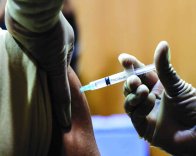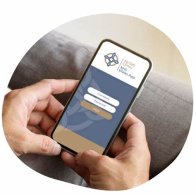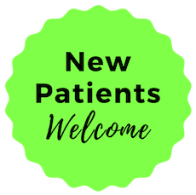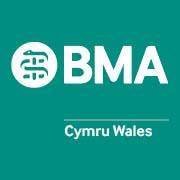How can we help?
-
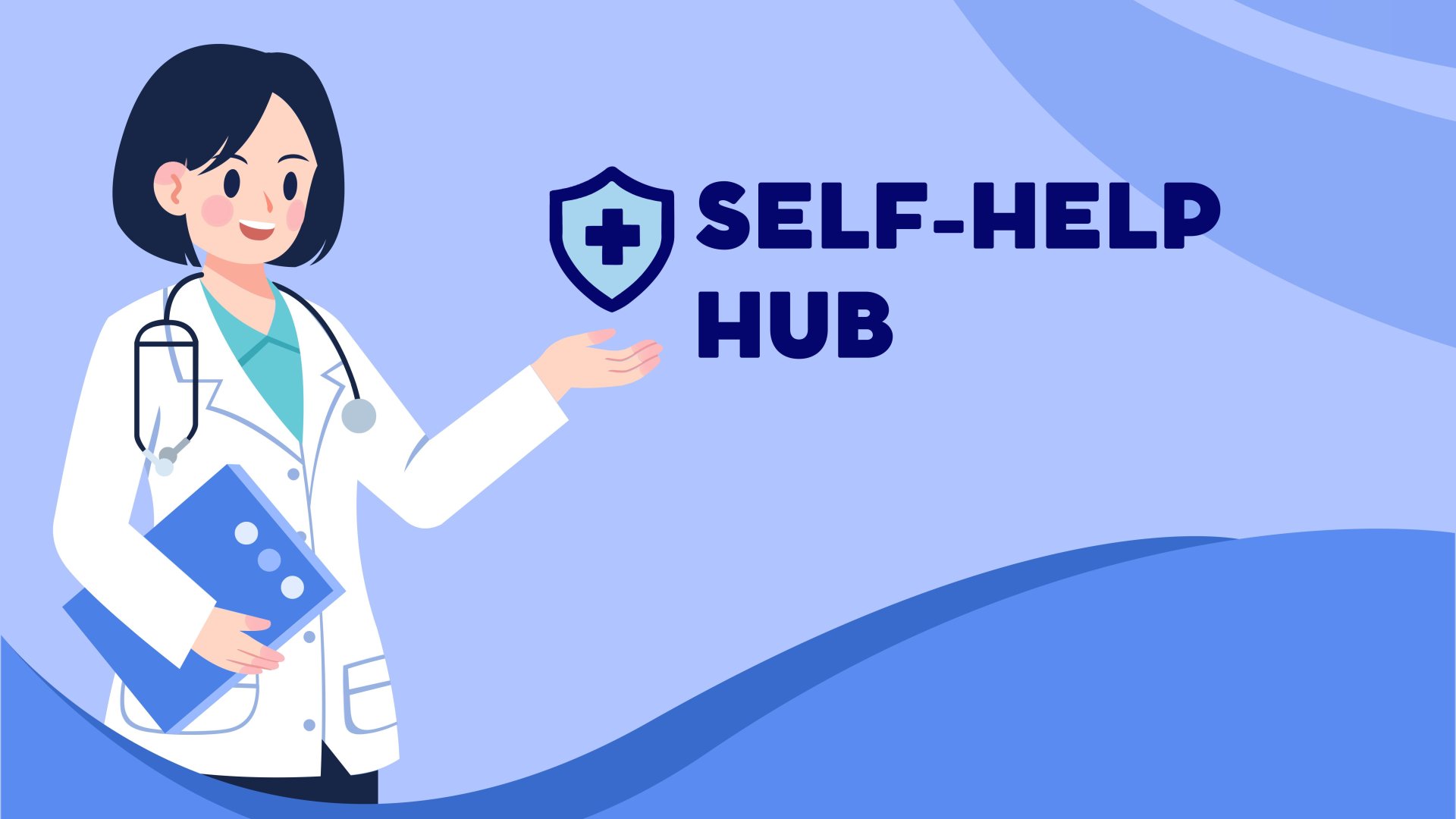
Self-Help Hub
This hub serves as a centralised platform where you can discover and utilise various tools, information, and support systems to manage your health and well-being more independently.
-
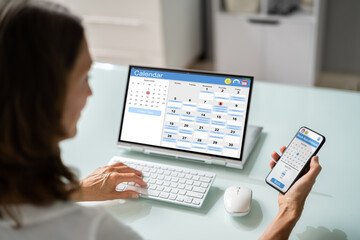
How to make an Appointment
Click here to find out how to book an appointment
-

I have an admin Request
Contact us about an administrative query and update your contact details
-

Order Repeat Medication
Use this link to order Repeat Medication. If you do not currently have an online account , you can register here
-
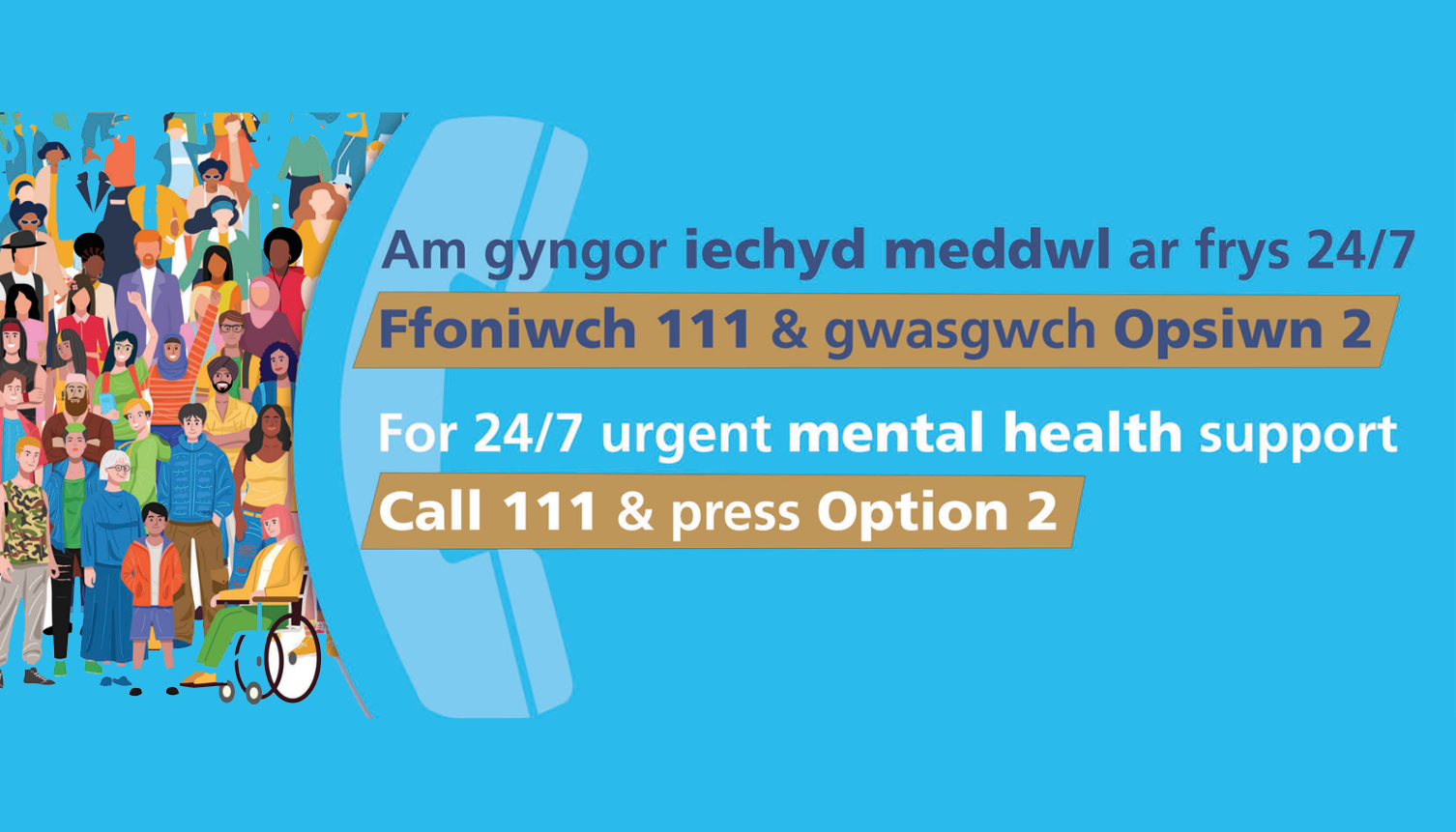
Urgent Mental Health Support - 24 hours a day, 7 days a week
We’re here 24 hours a day, seven days a week – offering urgent mental health support to people of all ages
-
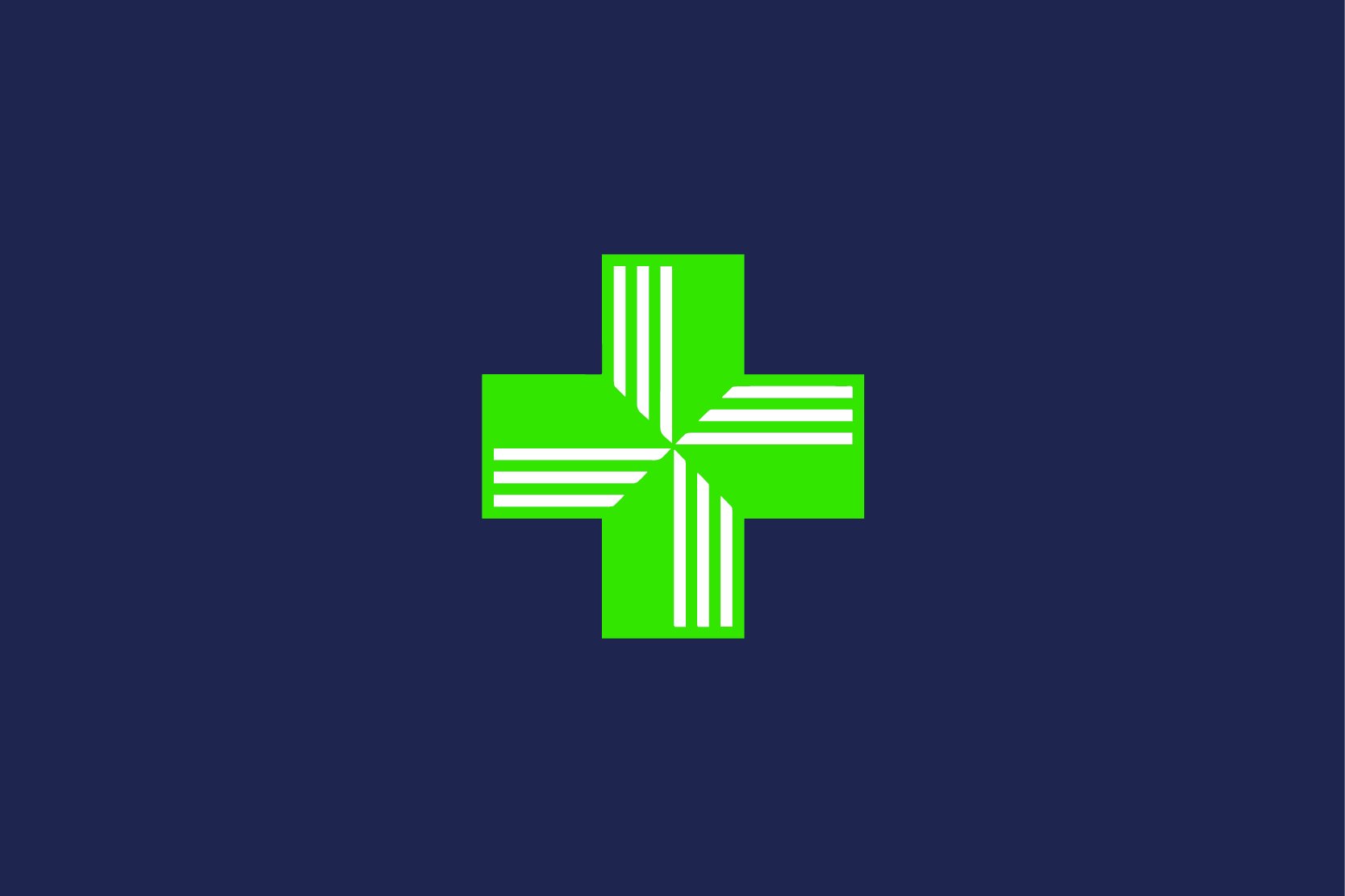
Common Ailments Service
Get a consultation and free treatment for 27 common conditions at your local pharmacy
-
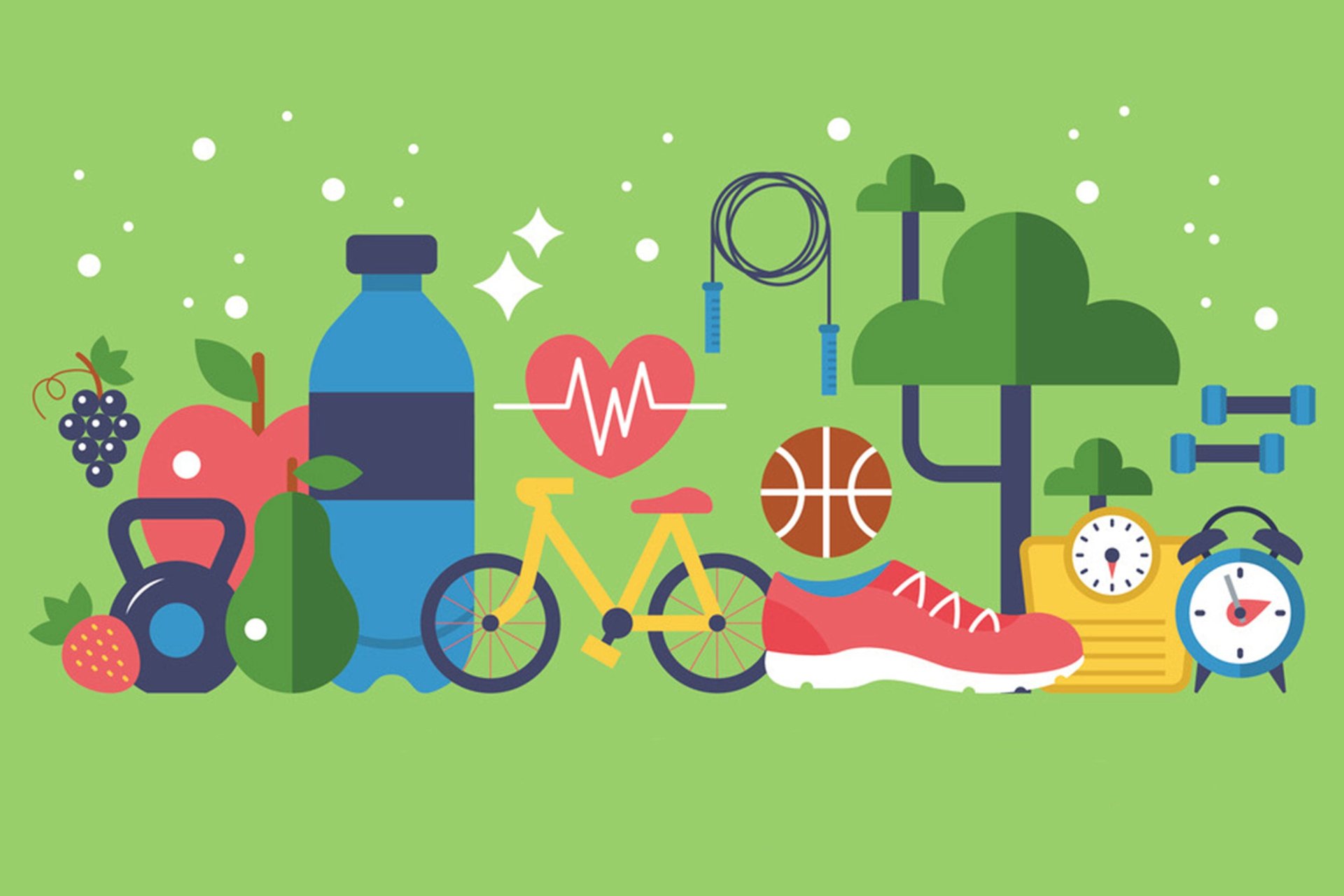
Promoting healthy behaviours
Understand the drivers of unhealthy behaviour and make healthy choices.
-
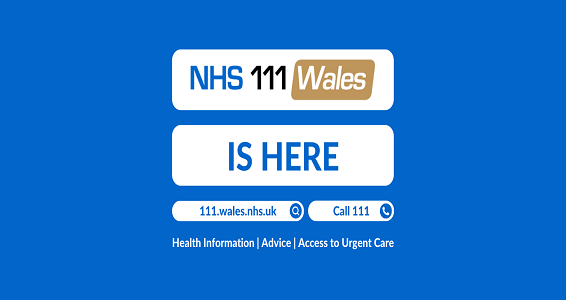
Help Us to Help You
From pharmacists to minor injury units and mental health helplines to online consultations, there are many ways to access the NHS in Wales. Find out more here
-

Health Resources
Find advice for conditions like back pain, coughs, headaches & more and access our video library.
-
Online Health Forms
-
Check your Symptoms
-
Mental Health & Wellbeing
-
Sexual Health, Screening & Family Planning
-
Self-Referral Hub - To include Physiotherapy & Weight Management
-
In Work Support Services
-
Information & Support For Carers
-
Register with this GP Practice
-
Cost of Living Help Hub
-
Community & Voluntary Service
Surgery Details
Western Vale Family Practice - 'Your Family is our Practice’
Door Opening Times (except Bank Holidays)
| Monday | 08:00 - 18:30 | |
|---|---|---|
| Tuesday | 08:00 - 18:30 | |
| Wednesday | 08:00 - 18:30 | |
| Thursday | 08:00 - 18:30 | |
| Friday | 08:00 - 18:30 | |
| Weekend | Closed | |
Phone Opening Times (except Bank Holidays)
| Monday | 08:00 - 18:30 | |
|---|---|---|
| Tuesday | 08:00 - 18:30 | |
| Wednesday | 08:00 - 18:30 | |
| Thursday | 08:00 - 18:30 | |
| Friday | 08:00 - 18:30 | |
| Weekend | Closed | |
Branch Surgery Details
Llantwit Major
Door Opening Times (except Bank Holidays)
| Monday | 08:00 - 18:30 | |
|---|---|---|
| Tuesday | 08:00 - 18:30 | |
| Wednesday | 08:00 - 13:00 | |
| Thursday | 08:00 - 18:30 | |
| Friday | 08:00 - 18:30 | |
| Weekend | Closed | |
Phone Opening Times (except Bank Holidays)
| Monday | 08:00 - 18:30 | |
|---|---|---|
| Tuesday | 08:00 - 18:30 | |
| Wednesday | 08:00 - 13:00 | |
| Thursday | 08:00 - 18:30 | |
| Friday | 08:00 - 18:30 | |
| Weekend | Closed | |
St Athan
Door Opening Times (except Bank Holidays)
| Monday | 08:00 - 13:00 | |
|---|---|---|
| Tuesday | 08:00 - 13:00 | |
| Wednesday | 14:00 - 18:00 | |
| Thursday | Closed | |
| Friday | 08:00 - 13:00 | |
| Weekend | Closed | |
Phone Opening Times (except Bank Holidays)
| Monday | 08:00 - 13:00 | |
|---|---|---|
| Tuesday | 08:00 - 13:00 | |
| Wednesday | 14:00 - 18:00 | |
| Thursday | Closed | |
| Friday | 08:00 - 13:00 | |
| Weekend | Closed | |

